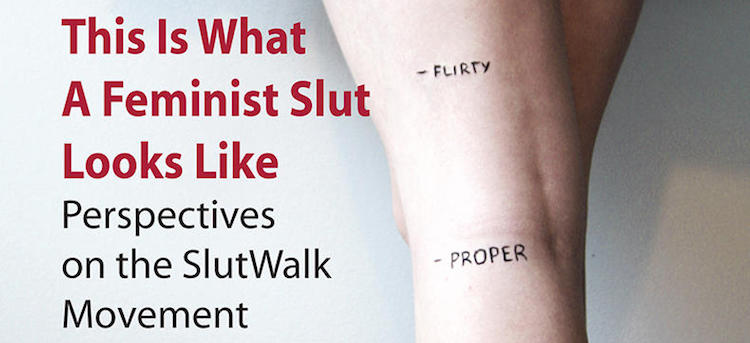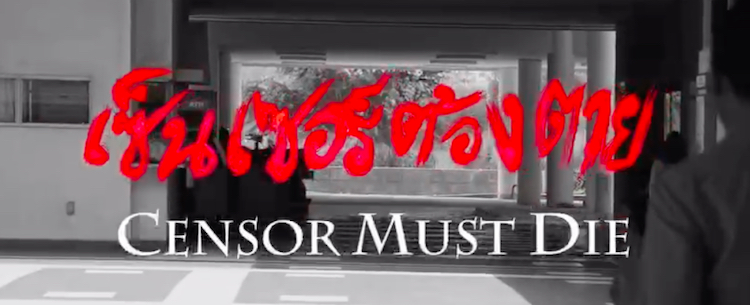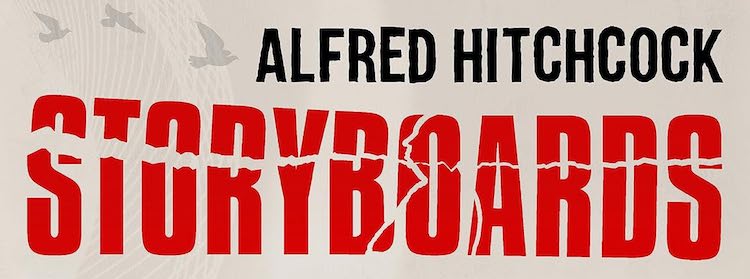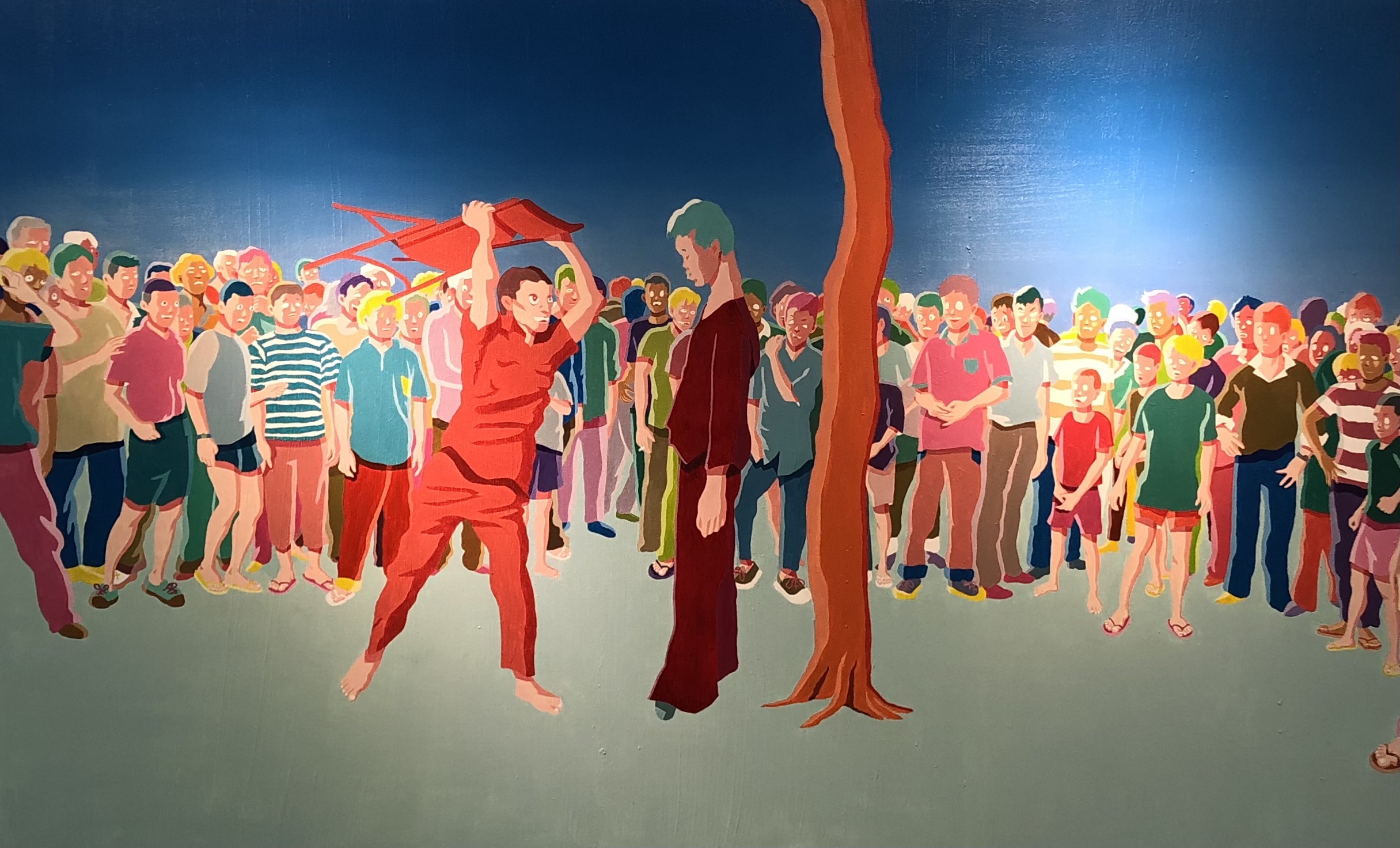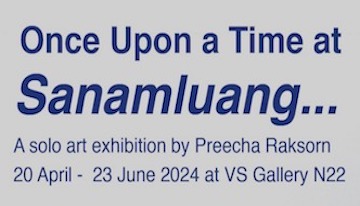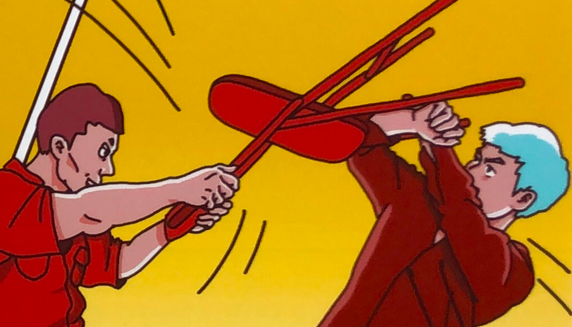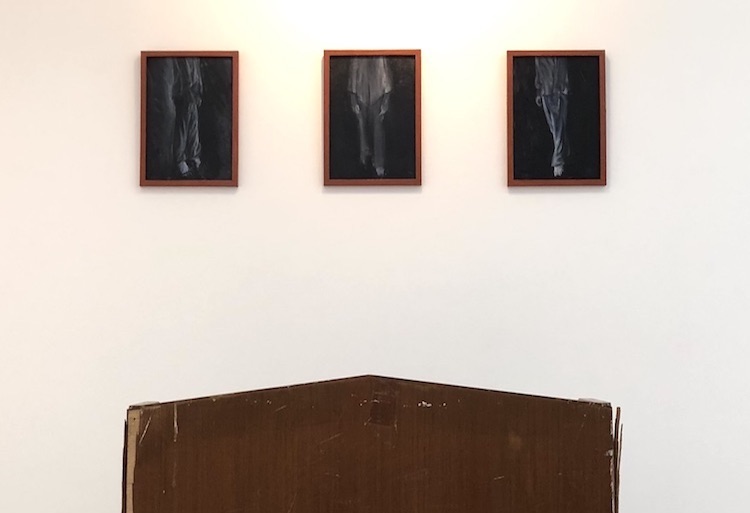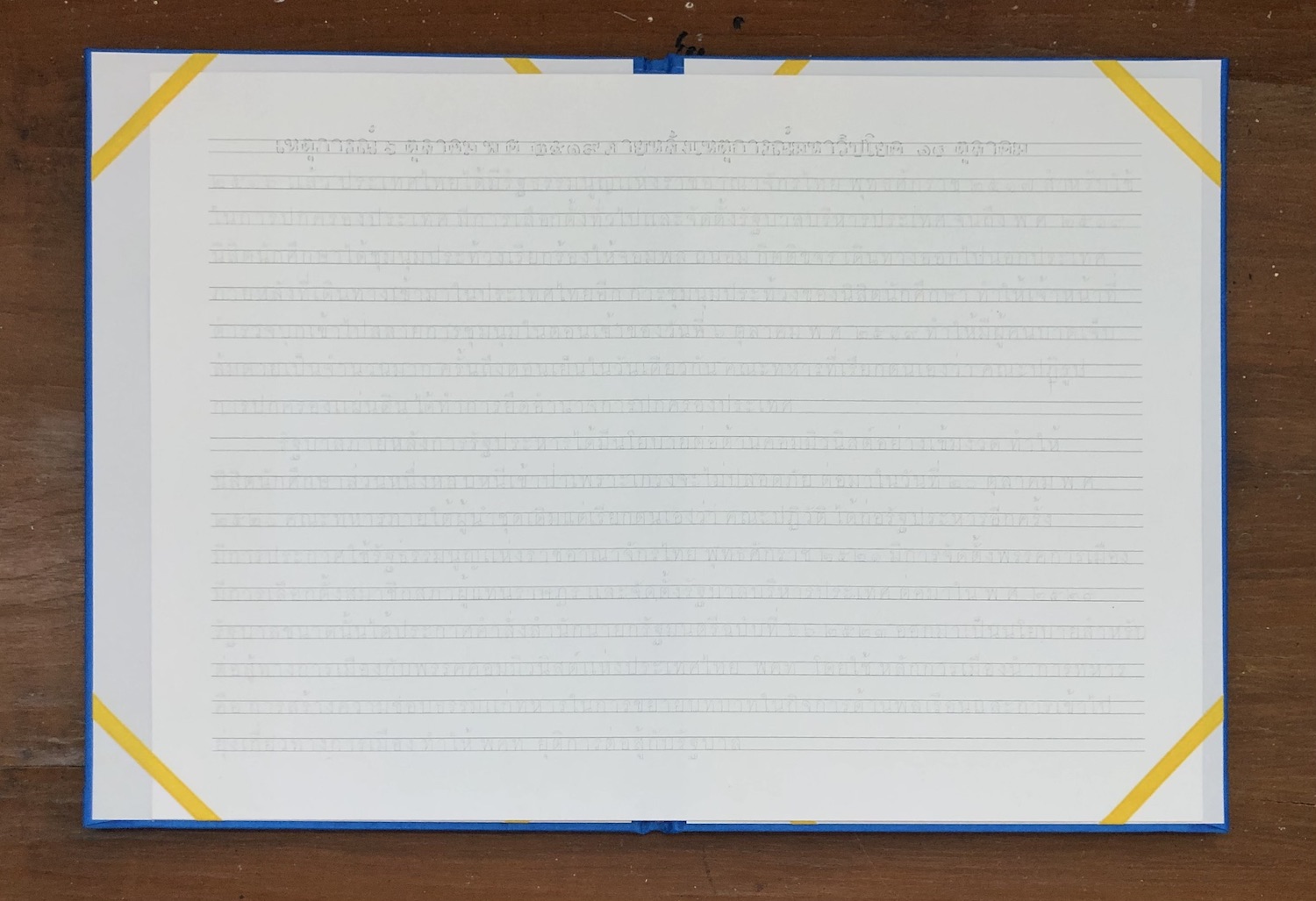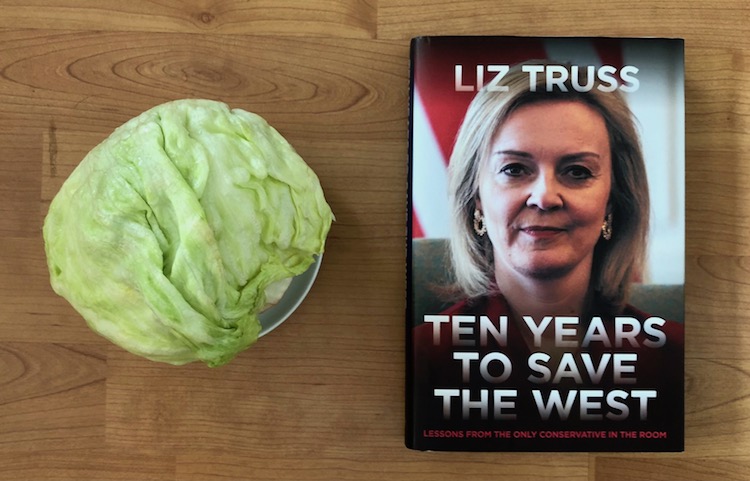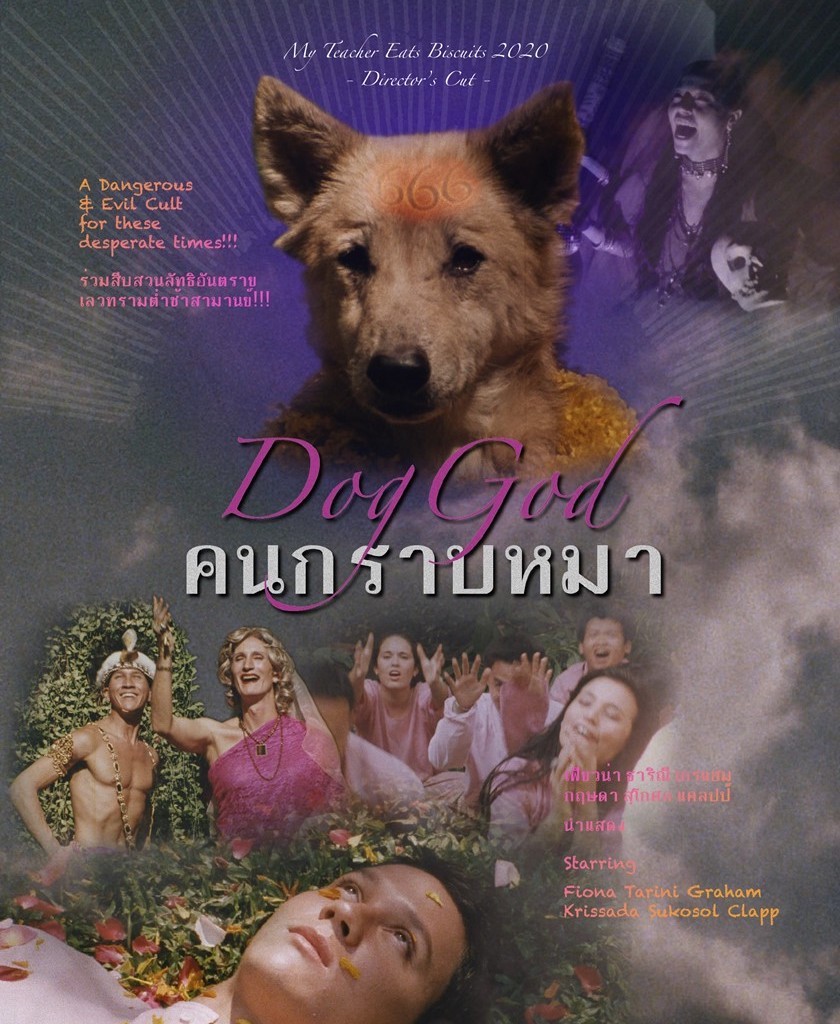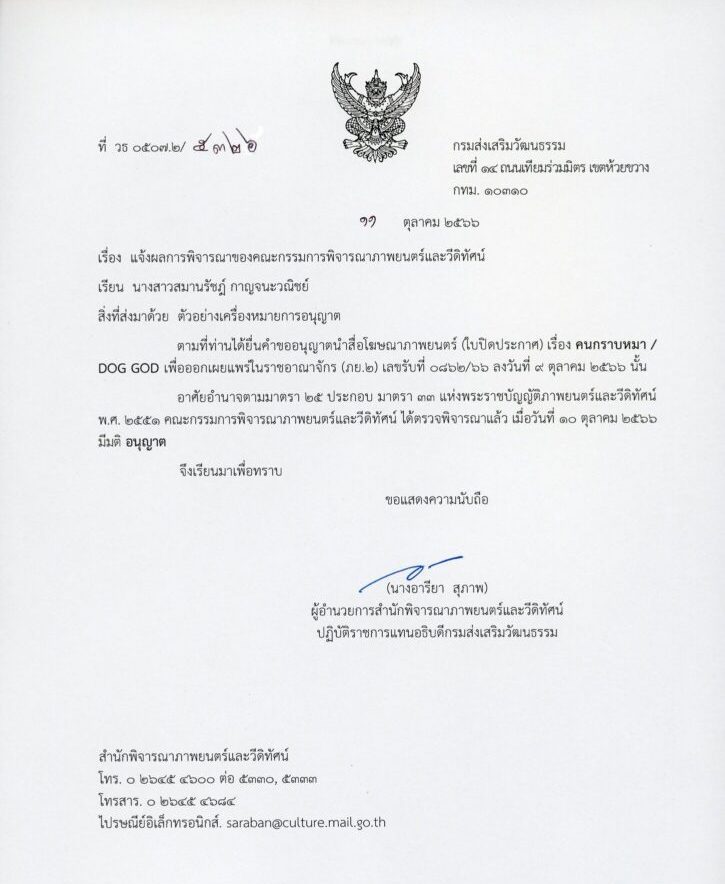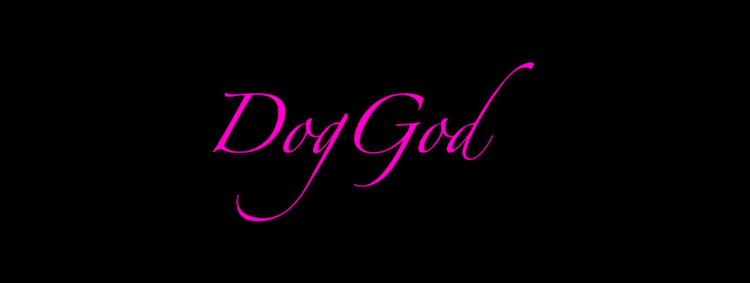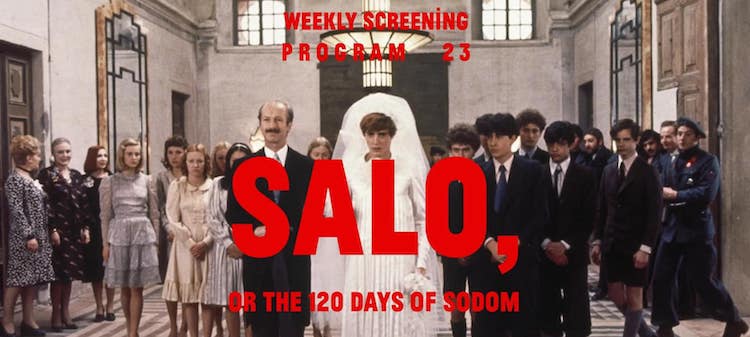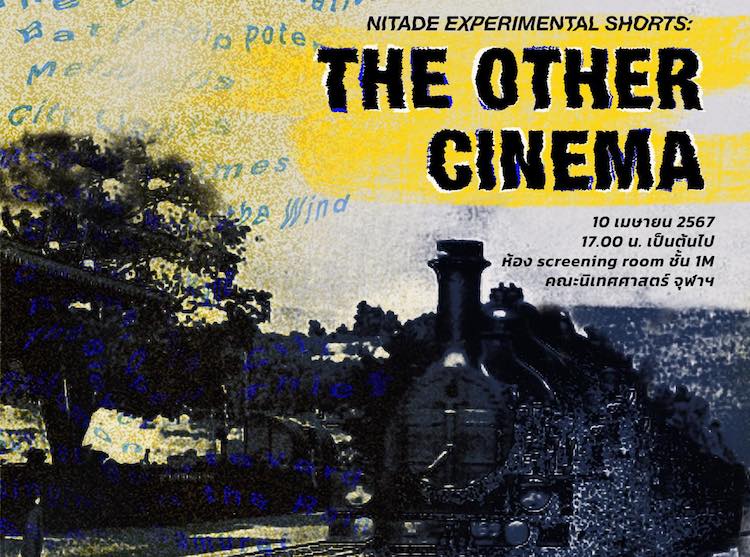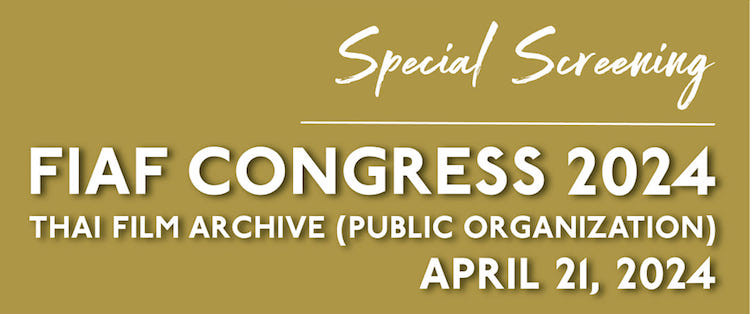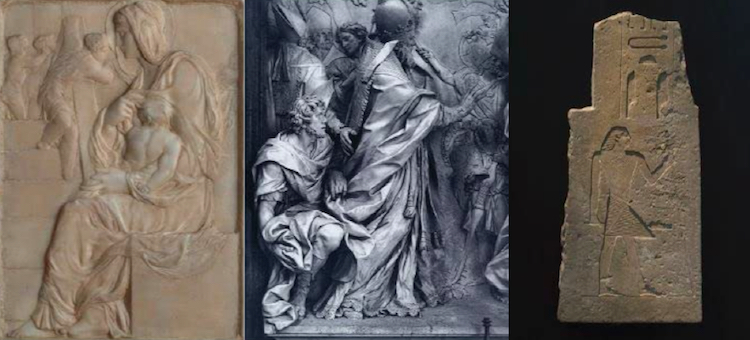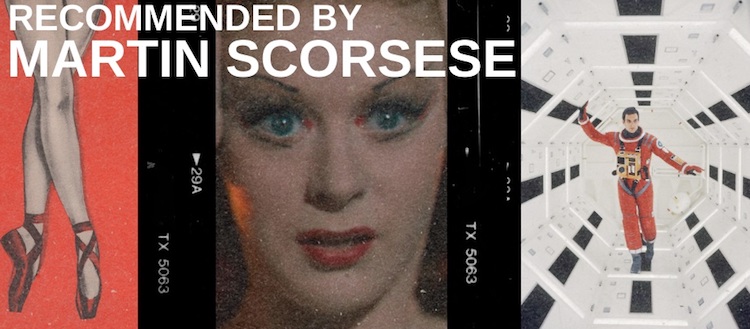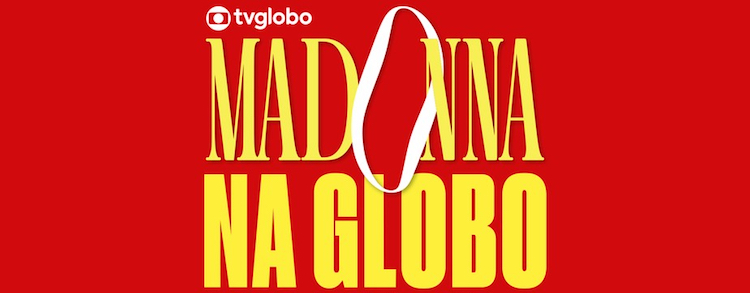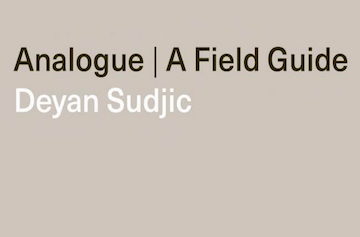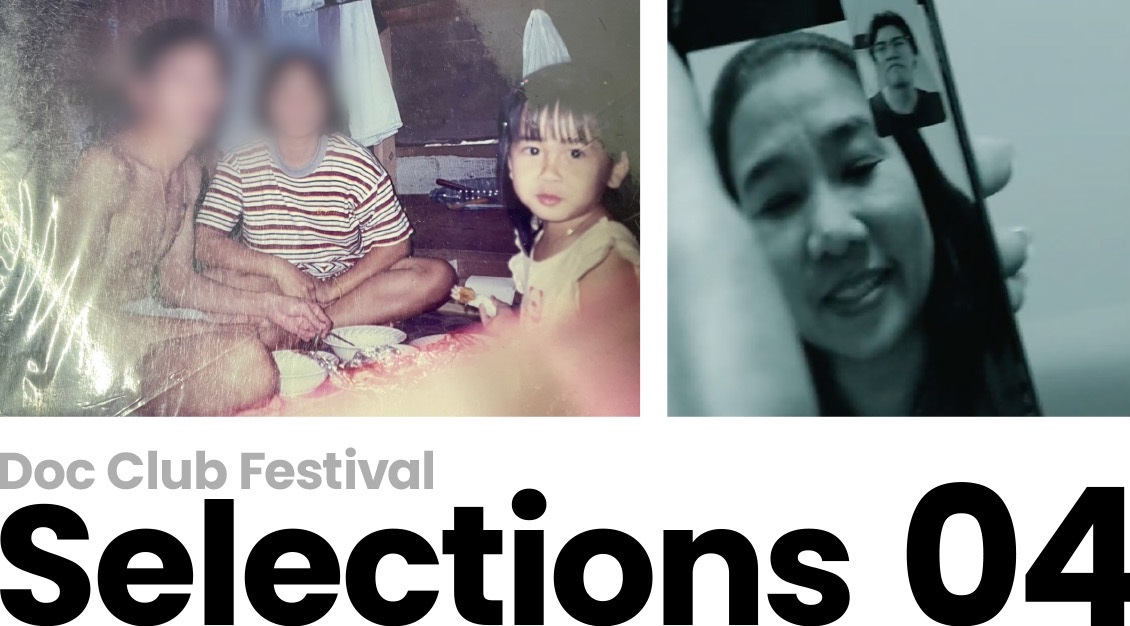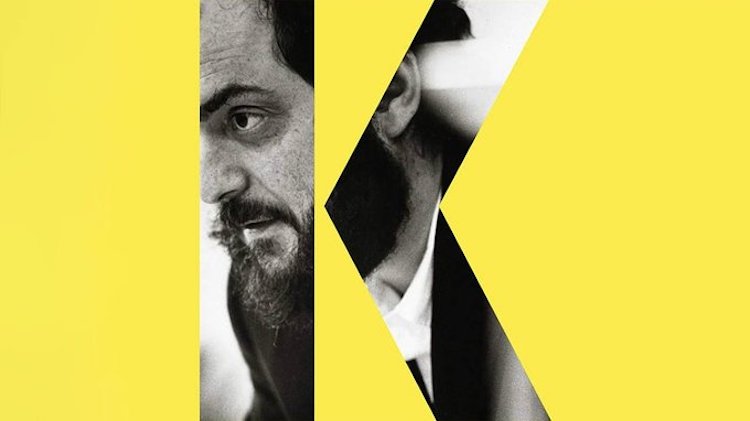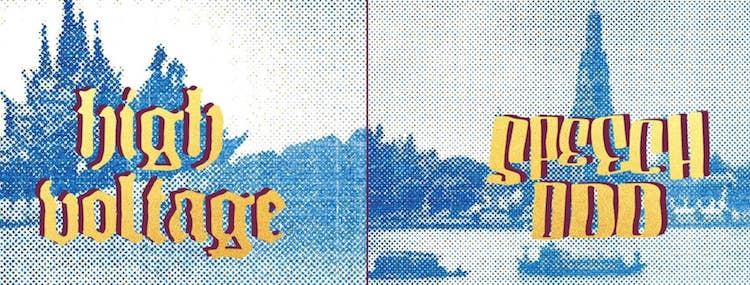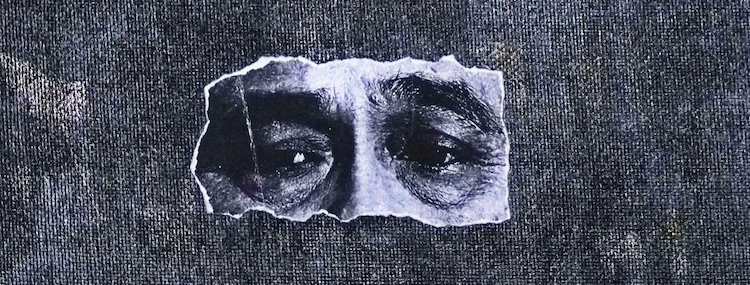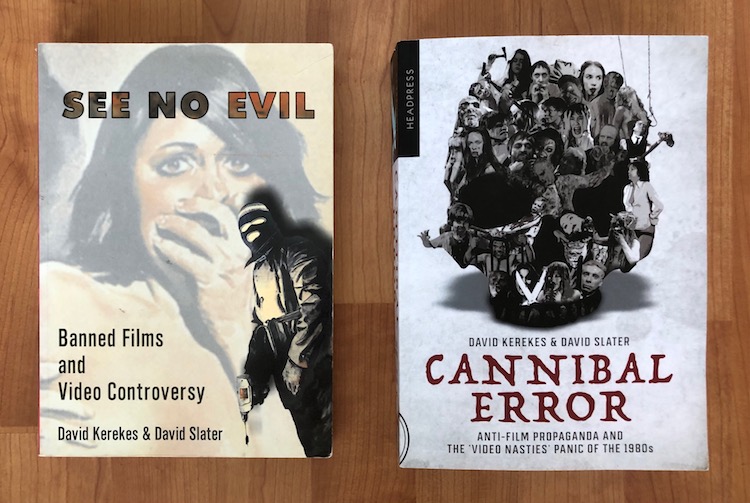
David Kerekes and David Slater’s Killing for Culture, the definitive history of real death on screen, is one of the most extraordinary film books ever written. They followed it with See No Evil: Banned Films and Video Controversy, a comprehensive account of the ‘video nasty’ phenomenon, published in 2000. Both books have since been expanded and updated, more than twenty years later: a new edition of Killing for Culture appeared in 2016, and a second edition of See No Evil was released last month, retitled Cannibal Error: Anti-Film Propaganda and the ‘Video Nasties’ Panic of the 1980s.
‘Video nasty’ was a pejorative coined by the UK press in the early 1980s, when violent horror movies were released uncensored due to a lack of regulation over the emerging videocassette industry. After a campaign by the tabloids, police began charging video distributors under the Obscene Publications Act, and a list of thirty-nine actionable films was compiled by the Director of Public Prosecutions. In 1984, legislation was introduced requiring certification of all videos by the British Board of Film Classification.
See No Evil was the only book to cover every aspect of the ‘video nasties’ controversy: the films themselves, the moral panic whipped up by the media, the police prosecutions, the debate surrounding the influence of film violence, and state censorship of films on videotape. There have been other books on the subject—notably the academic study The Video Nasties, edited by Martin Barker; and John Martin’s chronology of press coverage, The Seduction of the Gullible—but See No Evil told the full story for the first time.
The second edition, Cannibal Error, is just as exhaustive, and is almost 200 pages longer than See No Evil. It features new interviews with senior BBFC staff, an updated catalogue of banned videos, and a more detailed guide to the current availability of the original ‘video nasty’ films. The new title—which will take some getting used to—is a pun on the film Cannibal Terror (Terreur cannibale), and a reference to the misinformation surrounding the ‘video nasties’.
Kerekes also edited the influential counter-culture journal Headpress, and his other books include Sex, Murder, Art (a monograph on director Jörg Buttgereit). Jake West (Video Nasties) and David Gregory (Ban the Sadist Videos!) have both made ‘video nasty’ documentaries, and the Monthly Film Bulletin (vol. 51, no. 610) published an analysis of the DPP’s list by Julian Petley and Kim Newman.
‘Video nasty’ was a pejorative coined by the UK press in the early 1980s, when violent horror movies were released uncensored due to a lack of regulation over the emerging videocassette industry. After a campaign by the tabloids, police began charging video distributors under the Obscene Publications Act, and a list of thirty-nine actionable films was compiled by the Director of Public Prosecutions. In 1984, legislation was introduced requiring certification of all videos by the British Board of Film Classification.
See No Evil was the only book to cover every aspect of the ‘video nasties’ controversy: the films themselves, the moral panic whipped up by the media, the police prosecutions, the debate surrounding the influence of film violence, and state censorship of films on videotape. There have been other books on the subject—notably the academic study The Video Nasties, edited by Martin Barker; and John Martin’s chronology of press coverage, The Seduction of the Gullible—but See No Evil told the full story for the first time.
The second edition, Cannibal Error, is just as exhaustive, and is almost 200 pages longer than See No Evil. It features new interviews with senior BBFC staff, an updated catalogue of banned videos, and a more detailed guide to the current availability of the original ‘video nasty’ films. The new title—which will take some getting used to—is a pun on the film Cannibal Terror (Terreur cannibale), and a reference to the misinformation surrounding the ‘video nasties’.
Kerekes also edited the influential counter-culture journal Headpress, and his other books include Sex, Murder, Art (a monograph on director Jörg Buttgereit). Jake West (Video Nasties) and David Gregory (Ban the Sadist Videos!) have both made ‘video nasty’ documentaries, and the Monthly Film Bulletin (vol. 51, no. 610) published an analysis of the DPP’s list by Julian Petley and Kim Newman.

